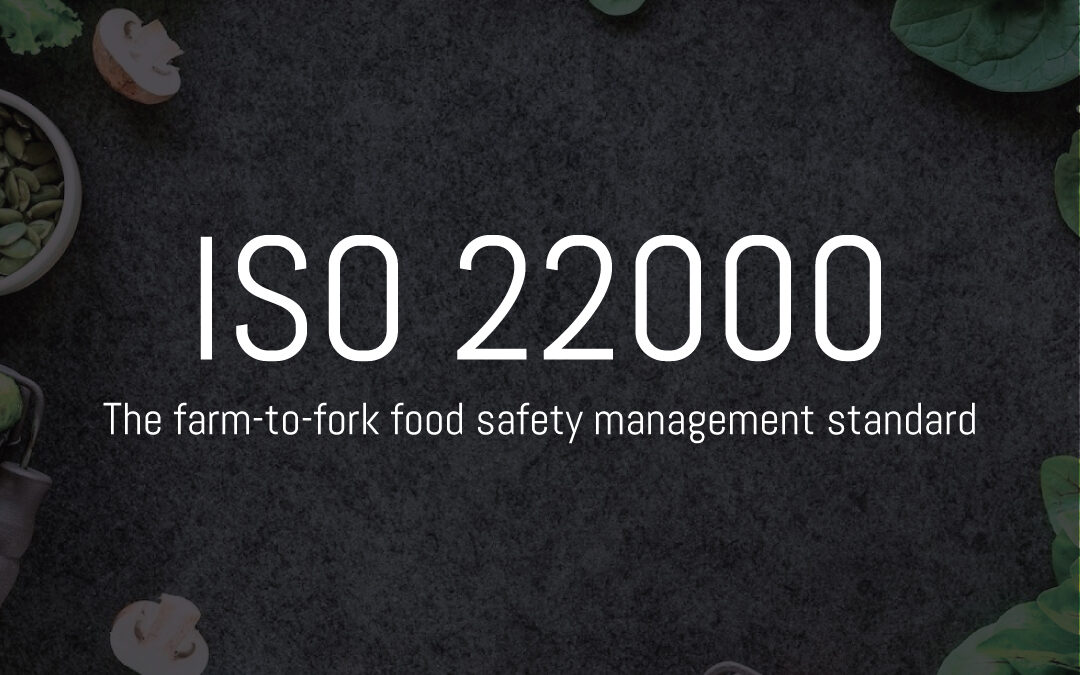A food safety management system (FSMS) is necessary for organizations involved in the food industry because it provides a framework for identifying and controlling food safety hazards, preventing food safety incidents, and continuously improving the food safety performance.
An FSMS can help organizations to:
- Identify and control food safety hazards: By implementing an FSMS, organizations can identify potential food safety hazards and implement controls to prevent them from occurring. This can include controls such as Good Manufacturing Practices (GMPs), Hazard Analysis and Critical Control Points (HACCP), and sanitation procedures.
- Prevent food safety incidents: By implementing an FSMS, organizations can prevent food safety incidents such as food-borne illnesses, product recalls, and other incidents that can have severe consequences, such as illness, injury, or death.
- Improve food safety performance: An FSMS can help organizations to continuously improve their food safety performance by identifying areas for improvement, implementing corrective actions, and monitoring the effectiveness of those actions.
- Comply with legal and regulatory requirements: An FSMS can help organizations comply with legal and regulatory requirements related to food safety, such as those established by national and international food safety regulations.
- Protect the reputation of the organization: Implementing an FSMS can help organizations protect their reputation by demonstrating a commitment to food safety and quality, which can increase customer confidence and help to win new business.
In summary, an FSMS is necessary for organizations in the food industry because it helps to ensure the safety and quality of food products, prevent food safety incidents, comply with legal and regulatory requirements, and protect the reputation of the organization.
How does ISO 22000 standard affect Food Safety Management System?
ISO 22000 is an international standard that provides a framework for implementing a food safety management system (FSMS). It is designed to help organizations in the food industry to identify and control food safety hazards, prevent food safety incidents, and continuously improve their food safety performance.
The standard was developed by the International Organization for Standardization (ISO) in 2005 and is based on the principles of Hazard Analysis and Critical Control Points (HACCP), which is a food safety management system that focuses on identifying and controlling potential food safety hazards.
ISO 22000 covers all aspects of the food supply chain, from primary production to final consumption. It can be applied to all organizations in the food industry, regardless of their size, type or location. Organizations that wish to become certified to ISO 22000 must undergo an independent, third-party audit to demonstrate their compliance with the standard’s requirements.
The standard has seven main sections or clauses, which include:
- Food safety management system
- Management responsibility
- Food safety and quality management system planning
- Implementation and operation
- Checking and corrective action
- Management review
- Continual improvement
ISO 22000 is designed to be compatible with other management system standards such as ISO 9001 (Quality Management) and ISO 14001 (Environmental Management). This allows organizations to integrate their FSMS with other management systems for more efficient management.
Organizations that implement ISO 22000 can benefit from improved food safety performance, increased customer confidence, and access to new markets and export opportunities.


